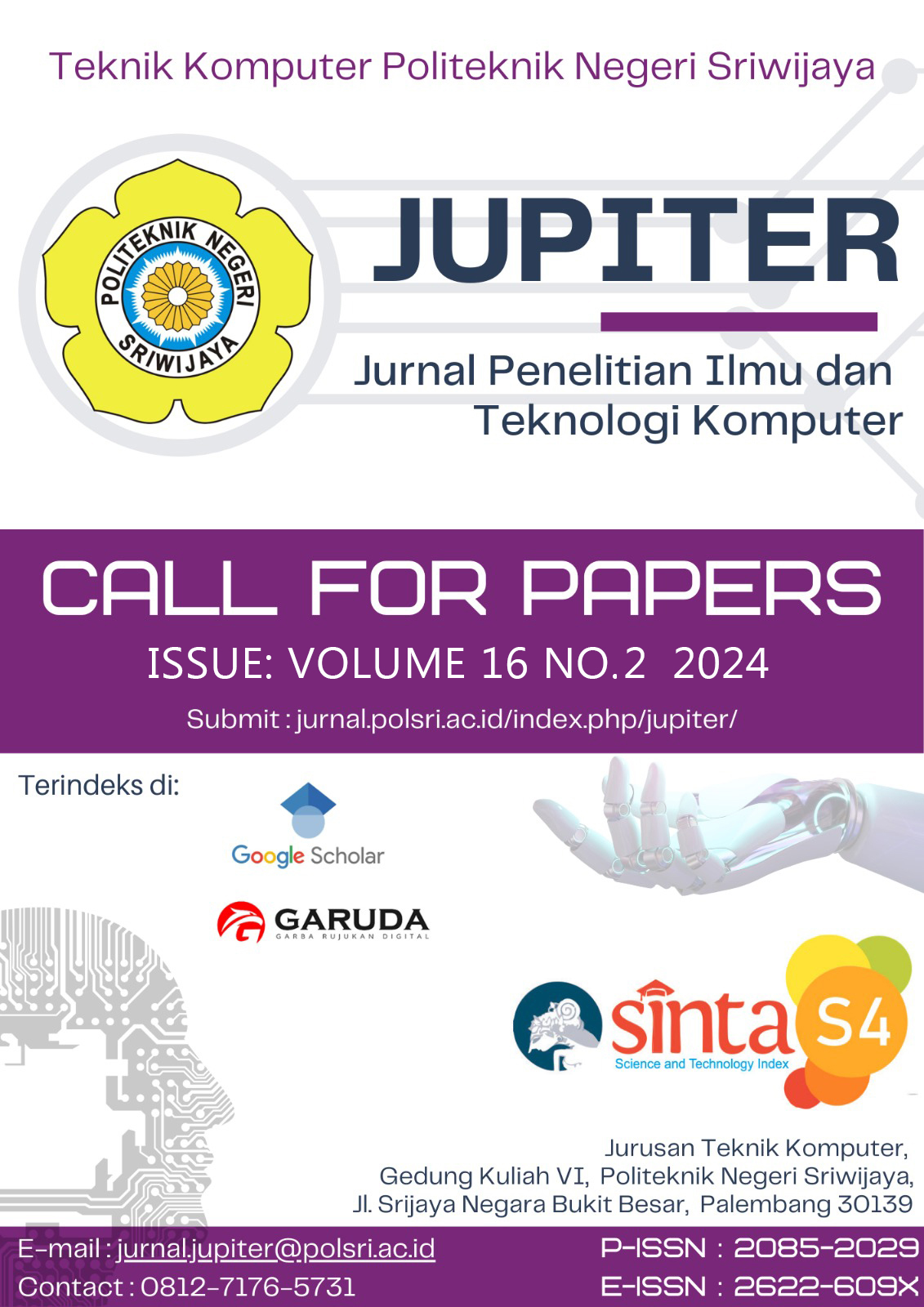Optimalisasi Feature Selection Untuk Mendeteksi Penyakit Diabetes Mellitus Menggunakan Metode Decision Tree
DOI:
https://doi.org/10.5281/zenodo.13283676Abstract
Diabetes mellitus type 2 is a health problem with a high prevalence rate throughout the world. The International Diabetes Federation (IDF) in the West Asia Pacific region consists of 20 countries, of which Indonesia is a member. In the world, 536.6 million people have diabetes and 206 million in the West Asia Pacific region. Until 2045, this number will continue to increase to 260 million in the West Asia Pacific Region and as many as 783.7 million diabetes sufferers worldwide. An unhealthy lifestyle causes diabetes, so it is found that people with diabetes no longer come from older people. Machine learning has been widely used to recognize several disease patterns as an initial detection effort. The machine learning accuracy matrix can be improved using a decision tree algorithm by adding improvements to the feature selection process using information gain. This research uses several attributes that are thought to have information on detecting diabetes mellitus. Five features with the highest scores were obtained using the Information Gain method in the feature subset selection process. Next, the Decision Tree classification algorithm is applied to a subset of selected features, and applying the Decision Tree algorithm using information gain increases accuracy by 96.25%. It is hoped that the results of this research can reduce the number of people with diabetes.
Â
Keywords— Detection, Diabetes Mellitus, Feature Selection, Information Gain, Decision Tree
Downloads
Downloads
Published
How to Cite
Issue
Section
License
Copyright (c) 2024 Lastri Widya Astuti, Rudi Heriansyah, Lastri Widya Astuti

This work is licensed under a Creative Commons Attribution 4.0 International License.







